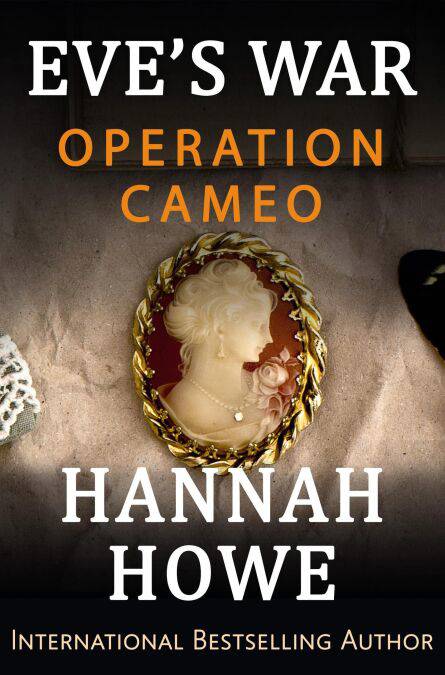
- Retrait gratuit dans votre magasin Club
- 7.000.000 titres dans notre catalogue
- Payer en toute sécurité
- Toujours un magasin près de chez vous
- Retrait gratuit dans votre magasin Club
- 7.000.0000 titres dans notre catalogue
- Payer en toute sécurité
- Toujours un magasin près de chez vous
Description
I sat in the farmhouse in front of the open fire and read Vivienne Fernandez's file.
Aged 24, she resided in London where, before the SOE recruited her, she was a switchboard operator. Multilingual, she enjoyed gymnastics - like Mimi - cycling, ice-skating and dressmaking. Her assessors also noted that she loved to party.
I'd met her from the plane and noted her elegance and grace. She was stylish, beautiful - the complete package. Jealousy should have raised its ugly head. Instead, I smiled at that recent memory; I liked her.
Vivienne's French husband had died fighting for the Free French in Senegal. She'd left a two-year-old daughter at home, with childminders. Father and daughter had never met. That was sad, and all too familiar.
Vivienne's mother was English, her father French. They'd lived on the French-Spanish border and, when the Nazis invaded, escaped over the Pyrenees. It was a route I knew well.
I tore Vivienne's file into strips and placed it on the fire. Within seconds, it turned to ash, consumed by the orange and yellow flames.
I wondered what Guy would make of Vivienne. I would discover his thoughts soon enough, when he returned from the coast. I wondered how she would fit into our team. As a short-term replacement for Mimi, I didn't foresee any problems.
In retrospect, I would regard that assessment as a huge mistake.
Spécifications
Parties prenantes
- Auteur(s) :
- Editeur:
Contenu
- Langue:
- Anglais
- Collection :
Caractéristiques
- EAN:
- 9781838354879
- Date de parution :
- 20-02-22
- Format:
- Ebook
- Protection digitale:
- /
- Format numérique:
- ePub

Les avis
Nous publions uniquement les avis qui respectent les conditions requises. Consultez nos conditions pour les avis.






